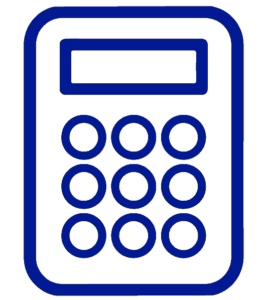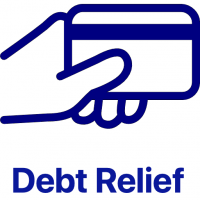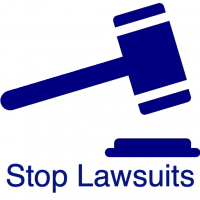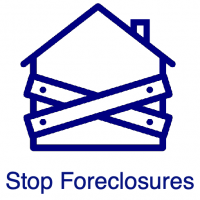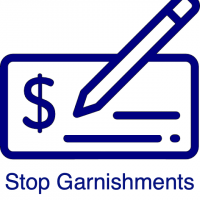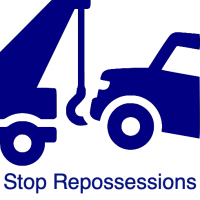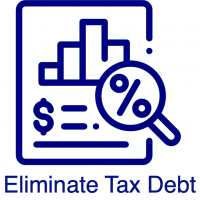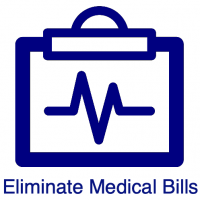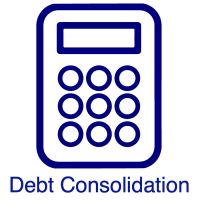When a complete discharge of your debt is not in your best interest, a Chapter 13 Bankruptcy allows you to keep all of your assets and restructure your debt so it is affordable. A Chapter 13 Bankruptcy is a repayment plan that allows you to stop foreclosures, recover lost vehicles and modify your debt so it works for your budget.
An affordable bankruptcy lawyer in your area can discuss whether a Chapter 13 is in your best interest. In Elizabethton, Johnson City, Kingsport, and surrounding areas, we can help you set up a plan of reorganization to eliminate your debt.
Call or click for a free appointment to see if you should restructure your debt through a Chapter 13 Bankruptcy.
Debt Consolidation through
Chapter 13 bankruptcy
A Chapter 13 Bankruptcy allows you to consolidate your debt and pay your creditors back on your own terms.
Contact us for a free Chapter 13 case evalutation
Click through the Cisowski Law Debt Relief Process

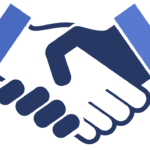


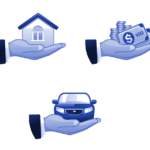

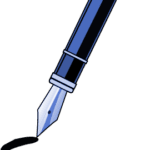
What is a Chapter 13 Bankruptcy?
A Chapter 13 Bankruptcy is a repayment plan for debtors with regular income. This means that if you have income and debts, then a Chapter 13 will get you back on track by binding your creditors to a plan of repaying your debts over the course of 3 or 5 years. A Chapter 13 bankruptcy plan binds your creditors so they cannot opt in or out. This is similar to a debt consolidation or debt relief program, but you can repay creditors on your own terms. Usually, this means that your unsecured creditors are not given interest, and your secured creditors are paid at a reasonable rate of interest.
A trustee administers your debt in a Chapter 13 bankruptcy plan. You make payments on a monthly basis, or through your paychecks, and she pays all your creditors for you. In the meantime, your creditors cannot harass you with phone calls or statements. After the term of your plan, you are given a fresh start free of debts. An affordable bankruptcy lawyer can help you prepare your forms and set up a plan that is best for your budget.
You will never have to pay above your means. You maximum payment to creditors is usually based on your income after you pay your reasonable and necessary living expenses. A Chapter 13 plan is designed to let you pay your creditors back in a way that allows you enough money to pay your bills, and have enough money for groceries and supplies.
A Chapter 13 bankruptcy is designed to be affordable to your means. Thus, you pay either a portion or all of your debts back based on your income and assets. For example, if you are in Elizabethton with $50,000 worth of debt, but only have enough income to pay $200 per month to your creditors, your plan will provide that $200 per month will be paid to creditors and the remainder will be discharged.
You plan should be affordable to you. If you do not have enough income to pay a Chapter 13 plan, you may be eligible for a Chapter 7 bankruptcy which is a complete discharge or your debts.
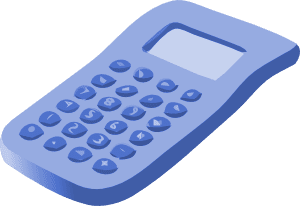
The amount you pay back depends on:
- The value of your assets such as home and vehicles
- The amount of income you receive and your household expenses
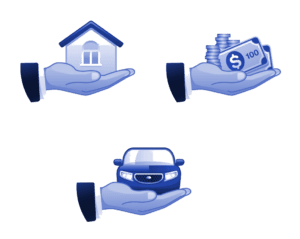
Yes. The goal of the Chapter 13 Bankruptcy is to allow the debtor to keep all his property by paying creditors using his income over 3 to 5 years. If the debtor has a substantial amount of property that is not exempt, then the debtor will be required to pay the value of the unexempt property during his plan, but will not be required to give the property up for sale. It is important to speak with an attorney to be sure that your plan proposes appropriate payments to unsecured creditors so you will be able to cover your property.
It is possible to buy a car while in a Chapter 13 Bankruptcy, but financing it can be difficult. If you need to finance the purchase of a vehicle while in an open Chapter 13 bankruptcy, you will be required to get court permission to do so. The process requires the filing of several applications and motions with the court, so it is best to seek help from an affordable bankruptcy lawyer.

The Bankruptcy Code provides for a Chapter 13 Plan to bind the creditor to a mortgage cure payment. This along with the automatic stay provision means that filing a Chapter 13 bankruptcy allows the debtor to stop a foreclosure and propose a plan to catch up on the mortgage. Once the mortgage is caught up, the debtor or trustee can file a motion deeming the arrearage cured, and the debtor will no longer be in default on the mortgage.
Filing a bankruptcy to stop a foreclosure needs to be done quickly and effectively. Missing a deadline could result in the house being sold and the foreclosure going through. It is advised to seek a bankruptcy attorney if you believe a Chapter 13 bankruptcy can help you stop a foreclosure. If you are in Elizabethton, Johnson City or surrounding areas, you may need the advice of an affordable bankruptcy lawyer to help you stop a foreclosure.
You can recover a repossessed vehicle by filing a Chapter 13 if you act quick. Your car loan creditor who has not permissibly sold a repossessed vehicle may be required to turnover the car based on an approved Chapter 13 plan.
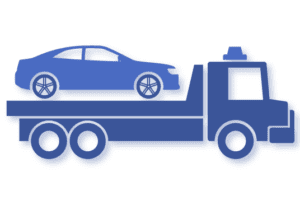
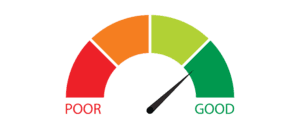
Filing a Chapter 13 Bankruptcy can have a positive impact on your credit score depending on your credit profile. The bankruptcy discharge will wipe away multiple adverse accounts, and a Chapter 13 show a willingness to repay debts.
A Bankruptcy can have a negative impact on your credit. However, for most individuals who file for bankruptcy, their credit can be rehabilitated and their ability to obtain a credit card, auto loan, and mortgage can improve after filing.
Chapter 13 Bankruptcy can remain on your credit report for up to 7 years; however, it also discharges high interest credit cards, finance loans, judgments, and collection accounts. Removing these debts from your credit report will improve your credit. An individual who files for bankruptcy can take strategies to reach a 720 to 800 credit score within 5 years after filing.
Filing for Chapter 13 bankruptcy is the process of putting together the paperwork, turning it into the court, and fulfilling your duties to obtain a Chapter 13 discharge. There are many forms that must be completed, and duties that must be fulfilled.
Chapter 13 also requires filing a Chapter 13 plan that proposes how secured and unsecured creditors are to be paid. Since a Chapter 13 Bankruptcy can be very complicated, it is advised that you seek the help of a bankruptcy attorney to guide you through the process.

Filing a Chapter 13 bankruptcy usually follows these steps:
- Prepare your bankruptcy forms as well as a Chapter 13 plan that details how your creditors will be paid
- Take a required credit counseling course
- Sign the forms and take them to your nearest federal bankruptcy court
- Begin making your required payments within 30 days of filing. Payments should be made to your district’s standing chapter 13 trustee
- Attend the 341 meeting of creditors.
- Take a second course in financial management
- Continue making payments throughout the course of your plan.
Book a free consultation today
Click below to schedule a consultation with an attorney to discuss your financial freedom

